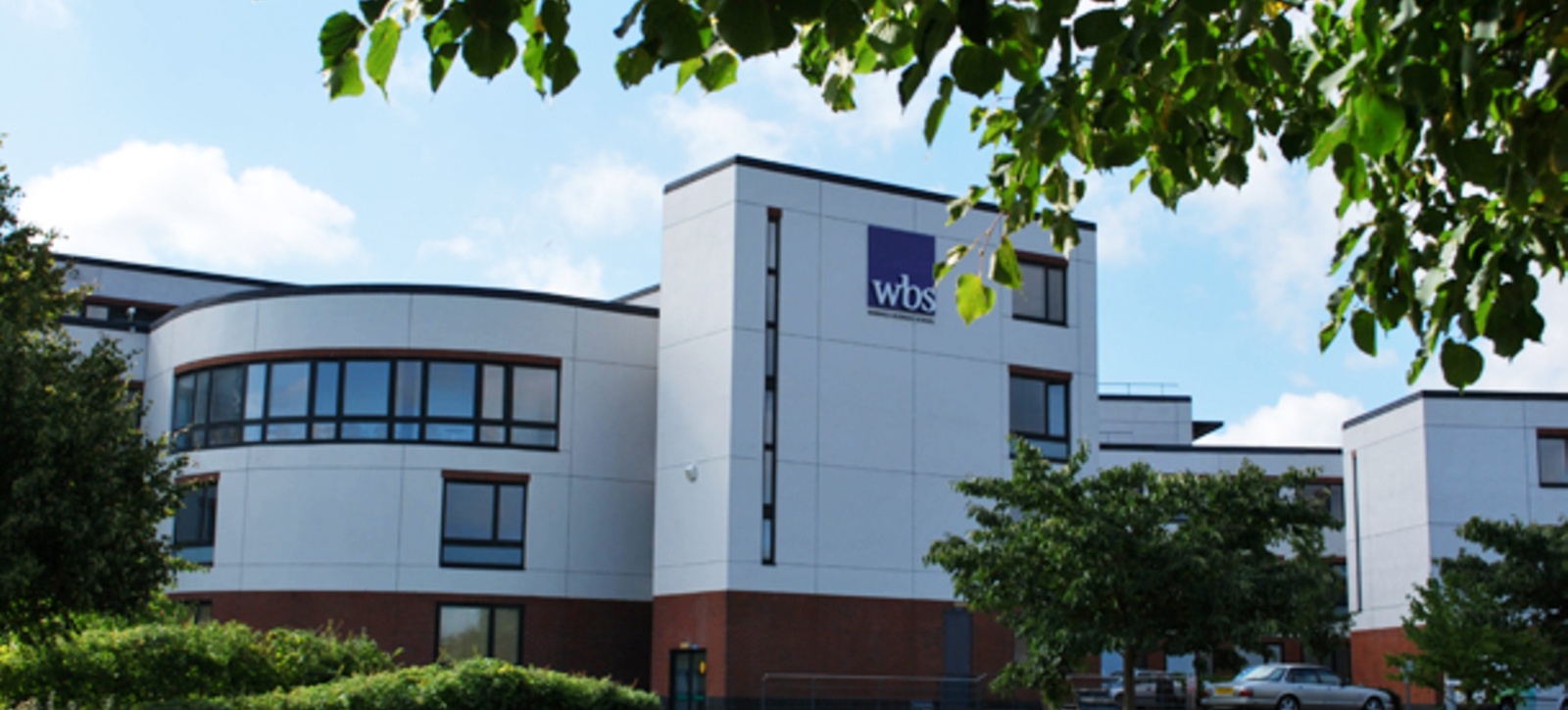
A new report highlighting the impact Warwick Business School has had on local businesses and industry has been released by the Economic and Social Research Council (ESRC).
The report confirms that social science researchers at Warwick University have formed extensive links with businesses. They have done this by various means, for example Warwick Business School’s Knowledge Innovation Network (KIN) is an exclusive membership network which aims to promote and support collaboration between academics and businesses when doing research. Members pay to be part of the network, which provides a fluid space for businesses to seek out academic help for their practical problems in quicker and more collaborative ways than many mainstream academic business relationships.
“The Knowledge Innovation Network has been a great success, not only in providing cutting edge research to the business sector but also in building links between firms and the business school,” said Professor Mark Taylor, Dean of Warwick Business School.
“In the day-to-day running of a business it is sometimes hard to step back and take an overall perspective of an industry. This is where a partnership with world-class researchers can help businesses. KIN has helped firms realise the translation and adoption of technological and organisational innovations with evidence-based research. It also allows experienced managers to share strategies and practical techniques for knowledge management with each other.”
Members say that they gain a lot from the network. Shirley Britten, from PricewaterhouseCoopers, said: “I am really enjoying being part of the KIN group. This is a very good networking opportunity to learn about the approach of other organisations in implementing a Communities of Practice programme.”
Another scheme that has proved successful in engaging local businesses is the Service Networks Project at Warwick Business School. Researchers from this centre have worked with a large transport company, MAN Trucks to improve their service networks and supply chains. As a result MAN Trucks has improved its customer experience through a better service network, raising levels of satisfaction and increasing customer retention.
“The Service Networks Project has been another example of how academics can fill the space where firms need to make strategic decisions that can shape their multi-million pound business for years to come, and they can do it based on the latest scientific research,” said Professor Taylor.
Universities and Science Minister David Willetts said: “This report shows that business schools are not only important sources of academic research, but also play a vital role in stimulating growth in their local economies.
“It demonstrates the real impact social science research can have on improving products, management practice, cost savings and supply chains within businesses. I encourage businesses to extend their collaboration with researchers, taking advantage of existing support such as Knowledge Transfer Partnerships and Innovation Vouchers.
Paul Boyle, Chief Executive of ESRC, said: “Engaging with the business community is a key priority for the ESRC and I am pleased to see the excellent work that business schools across the UK are doing in supporting their local businesses, and providing much needed growth in the economy.”
The authors of the ESRC report, ‘Evaluating the Business Impact of Social Science’, looked at the business and management schools of three higher education institutes; Lancaster University, Cardiff University and Warwick University. The study aimed to understand the routes through which social science influences business, and the mechanisms that facilitate impact.




 X
X Facebook
Facebook LinkedIn
LinkedIn YouTube
YouTube Instagram
Instagram Tiktok
Tiktok